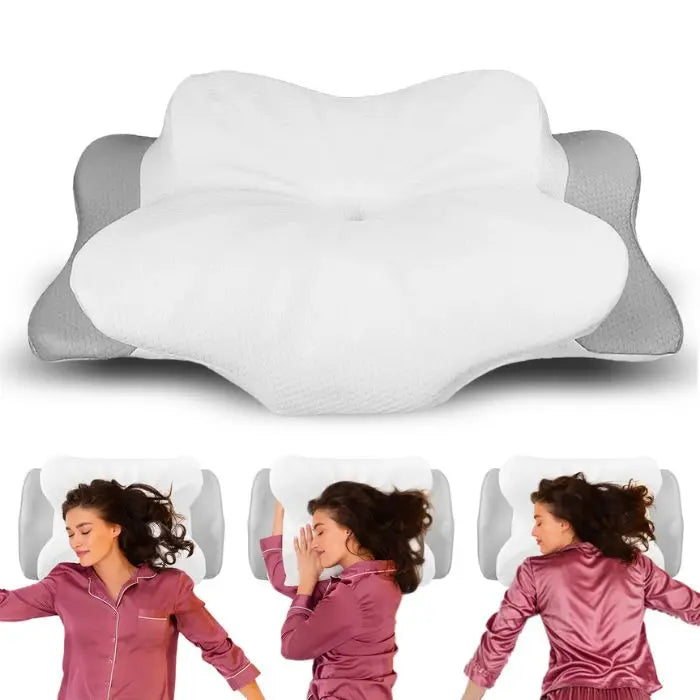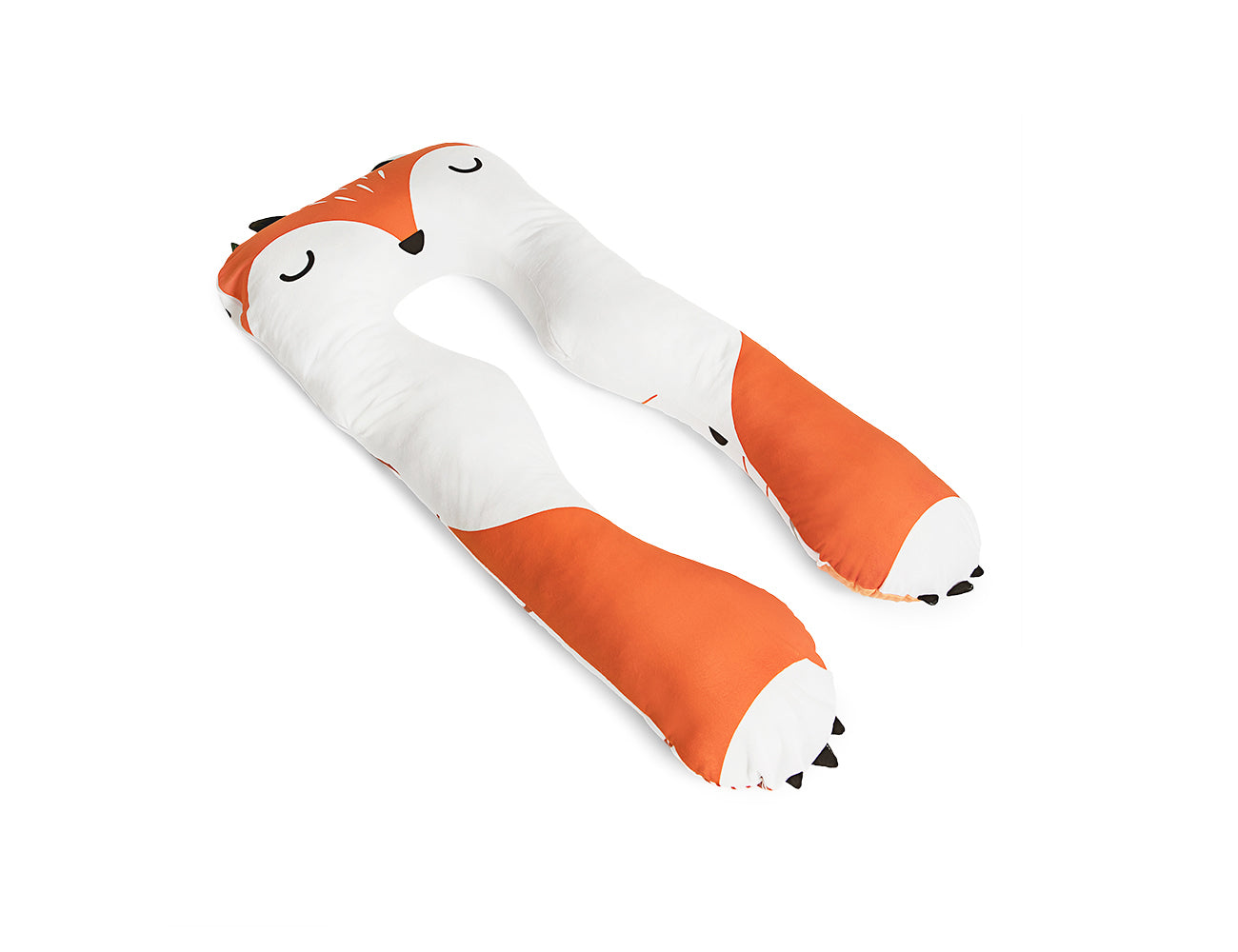Bamboo is increasingly being used as a basis for pillowcases and bed linens. But why is this woody and evergreen plant becoming more popular?
Among the many advantages of bamboo fabric is that it is soft, breathable, and naturally more wrinkle-resistant than cotton. Bamboo bedding is also becoming an increasingly popular alternative to traditional cotton variants due to its sustainability. In fact, the world's fastest-growing wood plant could be the most sustainable resource in the world. And unlike cotton, bamboo requires no pesticides or fertilizers, making it much more environmentally friendly.

Bamboo is durable
Covers made of bamboo are soft, lightweight, and last a very long time. The longer the fiber, the better, stronger, and smoother the fabric. Typically, bamboo fibers are stretched and not woven together, making them more durable and less prone to pilling and tearing than other types of woven fabrics.
Bamboo is hypoallergenic
For sensitive skin, allergies, or skin conditions, bamboo is the right choice. The organic, naturally smooth fibers of bamboo are particularly gentle on the skin and do not cause irritation. Bamboo covers also wick away moisture and regulate temperature, making it difficult for dust mites to spread.
Bamboo is versatile
Due to its unique fiber structure, bamboo absorbs up to 4 times more moisture than cotton and releases it quickly. This makes it particularly breathable and versatile for various needs. In summer, bamboo fabric is especially cooling and quickly regulates sweat. In winter, it retains body heat and thus also keeps warm.
Bamboo is soft
Bamboo fibers have a round basic surface, making them very smooth, which makes them softer than cotton. Bamboo covers cling to the skin like silk or satin, but bamboo is more affordable and durable.

Bamboo is sustainable
Bamboo fibers are considered particularly sustainable because they are a rapidly renewable resource. But they also have many other environmentally friendly properties. Unlike cotton, the world's most pesticide-intensive crop, bamboo is naturally pest-resistant and therefore requires no toxic pesticides. Since it is literally a grass, it grows quickly—some varieties can grow over a meter in a day. Additionally, bamboo uses very little water to grow. When it's time to harvest the bamboo, it is cut down and then regenerates itself. This eliminates the need to replant annually, which can lead to soil erosion. Because the bamboo roots remain in the ground, they even actively contribute to soil conservation, preventing soil erosion and flooding.
A large portion of bamboo is grown and processed in China, leaving a certain carbon footprint until it arrives at your home. However, the plant tries to offset this by producing over 35% more oxygen than trees.
ComfortPillows and Bamboo
Our ComfortPillows are also available with a soft bamboo cover.
Our covers are also antibacterial and therefore very suitable for allergy sufferers. The bamboo covers feel pleasant on the skin and are sweat-absorbent. They cool in warm temperatures in summer and warm during cold nights in winter.






































































